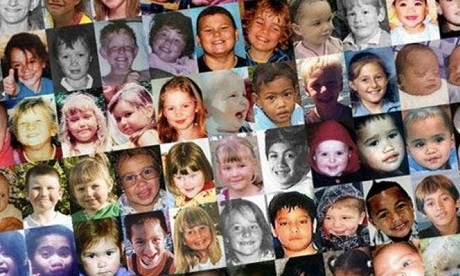The fact our children and youth are suffering increased abuse is sad and distressing, says Children’s Commissioner, Judge Frances Eivers.
Eivers’ comment comes as abuse of New Zealand children in state care keeps increasing.
Oranga Tamariki’s new Safety of Children in Care Report says almost 500 were harmed in 2020-21 alone.
The reported statistics are an indictment on the system of care, Eivers says.
“At a time when the state needs to be improving the outcomes for our young people, we as a country are moving backwards.
“Behind every statistic is a mokopuna, a child being harmed or hurt and a family, a whānau, under stress, and that is shameful.
“I am especially concerned that physical harm has increased in the context of young people being physically restrained often where there is no mandate to use force and often the holds were applied incorrectly, and the young person was harmed as a result or when unlawful physical actions were used by the staff member.”
Eivers says under her powers as Commissioner, she will be asking Oranga Tamariki to report further on the degree of harm experienced by children.
“I look forward to this dialogue,” she says.
Leaving State care for home doesn’t mean kids will be any safer, the report notes. The statistics on parents physically harming them haven’t improved.
The report’s shameful statistics
- 289 children suffered 344 incidences of physical harm
- 183 children suffered 252 incidences of emotional harm
- 77 suffered 88 incidences of sexual harm
- 58 cases of neglect in 34 children
- 27 cases of staff in residences causing harm to teenagers they were restraining.
- More harm was done to children older than 10 than to younger ones.
- Māori and Pasifika suffered disproportionately.
According to the independent Children’s Monitor (ICM), Oranga Tamariki was fully compliant just two per cent of the time across all 12 of its own practice requirements. It was compliant across six or more practice requirements three quarters of the time.
The ICM says Oranga Tamariki’s poor self-monitoring makes gauging its performance impossible.
“In nearly two-thirds of cases, Tamariki are not visited as often as outlined in their plan. This means there may not be opportunities to continue assessing their safety, wellbeing and health and education needs.”
The agency cannot report on Tamariki’s access to health services, whether they are informed of and understand their rights; or whether caregivers are given appropriate training and information about the Tamariki they care for.
Children’s advocacy group Whakarongo Mai has similar concerns.
It also notes “important assessments around wellbeing, including cultural, health (physical and mental) and transition to independence are largely not being completed”.
Where to from here
Eivers says family violence, education and mental wellbeing are key priorities for her as Children’s Commissioner.
“I will be ensuring a laser-like focus in my advocacy in this area.
“Our mokopuna, our children deserve better. The release of this report is the wake up call for us as a country to address this huge issue.”
Source
